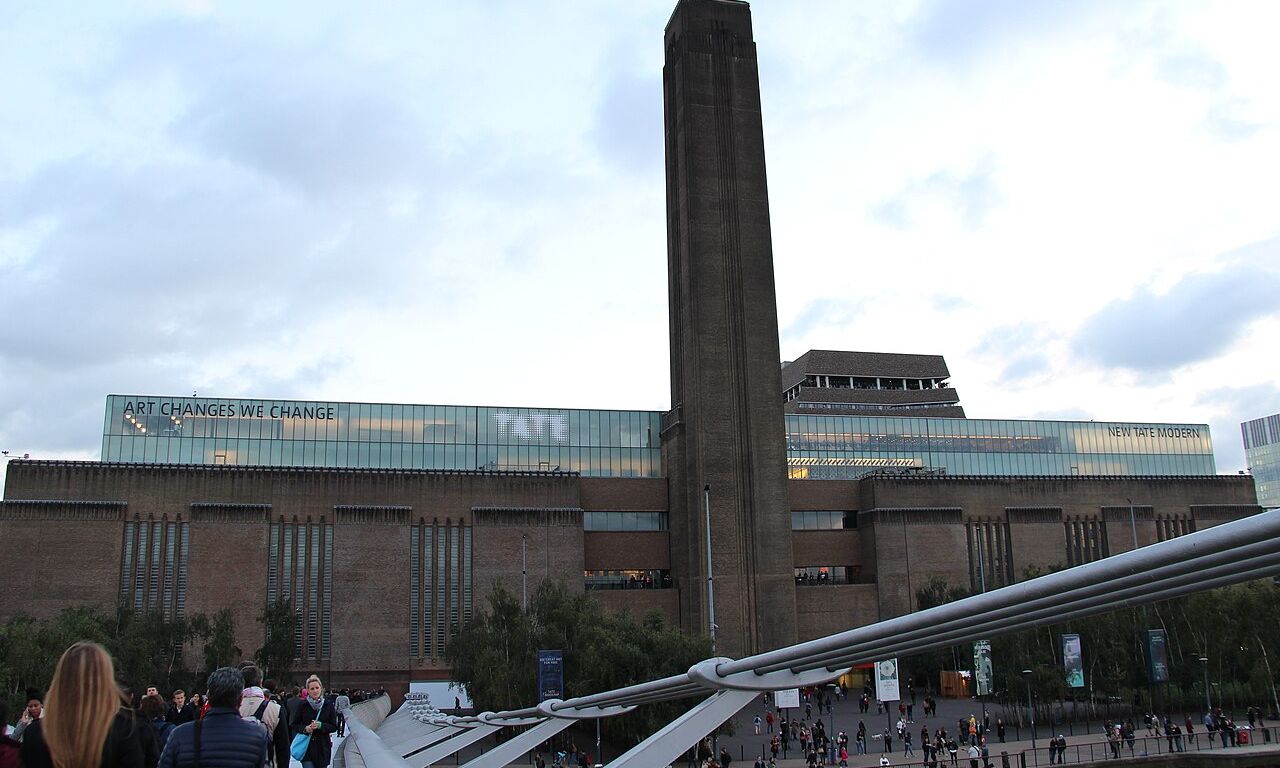The museum trust has operating costs of £100m and is “stretching itself to make more commercial revenues”, chair says
Photo: Fred Romero via Wikimedia
The chair of the Tate board of trustees, Roland Rudd, discusses how Tate approached difficult sponsorship issues and a racism controversy in an interview published in The Sunday Times (12 May).
Rudd, who founded the strategic communications firm, FGS Global, replaced former chair, Lionel Barber, in January 2021. He has served as trustee since 2017, and is taking centre stage for once (George Osborne, the chair of the British Museum, has also become a vocal advocate for his institution).
Early 2022, Tate confirmed that it was removing all references to the Sackler family from its galleries. The Sackler name, which appears on the walls of museums around the world, has become indelibly linked to the global opioid epidemic that some members of the family profited enormously from and are accused of fuelling via their company Purdue Pharma.
Rudd said: “The important thing is to do it properly I went to the [Sackler] family and I said, ‘We’re going to have a problem and it’s going to get really nasty in terms of people protesting and being upset. It’s better for you and us if we agree to take your name down.’ To be fair, they behaved impeccably … What they didn’t want was a great song and dance about it, and we didn’t do that … You can’t just wake up one day and say, ‘Oh, we took money from these people but now we think they’re awful’.”
According to The SundayTimes report, Tate has running costs of £100 million and grant-in-aid income of £42 million from the government and is “stretching itself to make more commercial revenues”. Rudd says he is happy to seek out prospective donors. “I’m lucky like that, I don’t have any embarrassment.” Tate reportedly received around £4 million from the Sacklers over two decades.
Tate’s members currently number 145,000, raising around £17m last year (standard adult membership costs £72 a year). Notably 180,000 people have signed up for the Tate Collective scheme which is free for visitors aged 16 to 25 (benefits include £5 tickets to all exhibitions).
Rudd also touches on artist Keith Piper’s response to the racist Rex Whistler mural (The Expedition in Pursuit of Rare Meats, 1927) which wraps around the former restaurant space at Tate Britain. “We’ve put in Piper, a great British black artist … and you’re going to be able to look at the art in a juxtaposition of a guy of his time who was a great muralist—but unquestionably racist—and a great British black painter,” Rudd said.
Meanwhile Tate Britain’s rehang last year proved controversial and divided critics. Alex Farquharson, Tate Britain’s director, told us: “We wanted to talked about art through a social, cultural and political lens.” Rudd reckons Tate Britain “got it just about right. It’s difficult, because we can’t be apolitical or a campaigning organisation. People don’t want to be lectured.”

